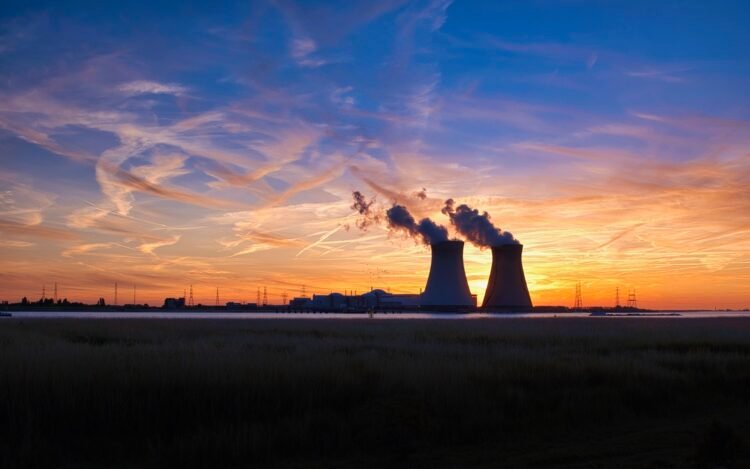Discover the Top 14 Facts on How Shifting Paradigms are Transforming India’s Nuclear Power Sector
In a significant move towards cleaner energy, India is reportedly contemplating the reversal of a ban on foreign investment in its nuclear power industry. According to two government sources, the plans also include allowing more extensive involvement by domestic private firms.
Recommendations from Niti Aayog Panel
These measures have been suggested by a government panel assembled by the think-tank Niti Aayog, which is under the leadership of Prime Minister Narendra Modi.
Regulations Under India’s Atomic Energy Act 1962
As per India’s Atomic Energy Act of 1962, the government has a central role in developing and managing nuclear power stations. Domestic private firms are permitted to serve as “junior equity partners,” providing components and assisting in construction.
Proposed Changes to Enable Private Sector Involvement
The panel has advocated for revisions to the Act and India’s foreign investment policies. This would allow both domestic and international private firms to augment nuclear power generation by public enterprises.
The Aim: Carbon Emission Reduction and Consistent Energy Supply
The objective of these proposed changes is to decrease carbon emissions. Nuclear power is under scrutiny due to its ability to provide a consistent energy supply, a feature that solar energy lacks, according to unnamed officials.
Foreign Companies’ Interest in Nuclear Power Projects
The Department of Atomic Energy has previously mentioned that several foreign corporations, including Westinghouse Electric, GE-Hitachi, Electricite de France, and Rosatom, have expressed interest in participating in India’s nuclear power projects.
Limitations on Foreign Investment
At present, India prohibits foreign investment in the nuclear power sector. However, this scenario might change if the proposed modifications are implemented.
Emphasis on Small Modular Reactors
There is a strong emphasis on Small Modular Reactors in India, aiming for rapid generation of nuclear energy. The focus is on private sector participation via small modular reactors (SMRs) to expedite nuclear energy generation, which currently comprises 3% of India’s total power production, with coal accounting for three-quarters.
The Prospects of Small Modular Reactors
SMRs are factory-built and ready-to-shift, each producing up to 300 megawatts (MW). They require less capital, time, and land than conventional reactors and can safely be deployed in populated areas, as per the officials.
Nuclear Power Generators & Potential Partnerships
Currently, the state-run Nuclear Power Corp of India Ltd. (NPCIL) and Bharatiya Nabhikiya Vidyut Nigam are the sole nuclear power generators in India. However, government-controlled firms like NTPC, a thermal power company, and Indian Oil Corp, an oil marketing firm, have established partnerships with NPCIL for nuclear power.
Private Participation in Developing SMRs
Jitendra Singh, an Indian minister overseeing atomic energy, suggested in November that India should consider private players’ participation in developing SMRs. In the same month, the atomic energy department held private consultations with domestic and global industry players who demonstrated considerable interest.
Future Prospects and Recommendations
The officials mentioned, without providing a timeline, that these recommendations will be submitted to Modi’s office next. Along with this, the government panel has also suggested replacing old coal-based plants with SMRs and amending the electricity policy to discontinue adding any new coal-fired power plants.
Nuclear Power Capacity and Safety Regulations
India’s existing nuclear power capacity is marked at 6,780 MW. However, there are plans in the pipeline to add 21 more units with a cumulative capacity of 7,000 MW by 2031. This expansion aims to scale the country’s nuclear power capacity to meet its growing energy demands.
Adherence to International Safety Standards
As part of its international obligations, India is a signatory to various conventions on nuclear safety. These conventions establish a robust regulatory framework that ensures the safe operation of nuclear power plants. In the context of private sector participation in nuclear energy, India will have to ensure that these companies comply with these stringent safety standards.
Uranium Imports for Power Generation
For its nuclear power production, India relies heavily on imported uranium fuel. These imports come from several nations with significant uranium reserves, including Russia. This bilateral cooperation ensures a steady supply of uranium, a critical component in the generation of nuclear power.
Must Read Article: Energy Security: 22 Nuclear Power Reactors Operational In India – India CSR





















